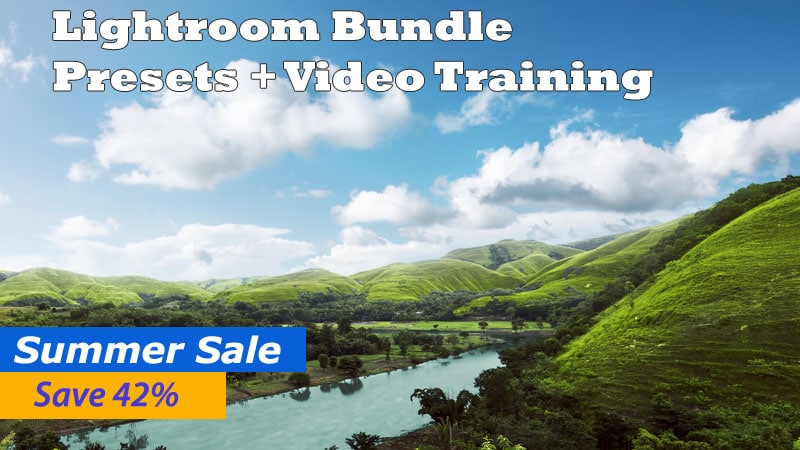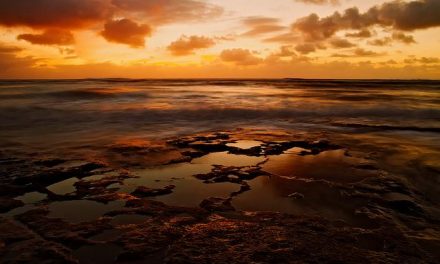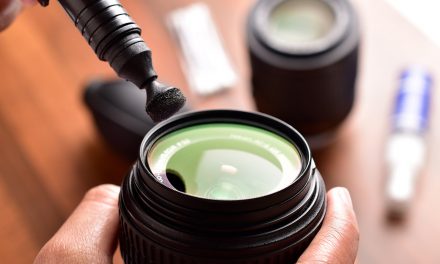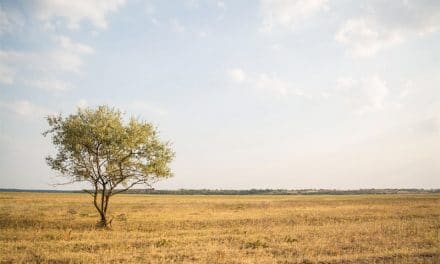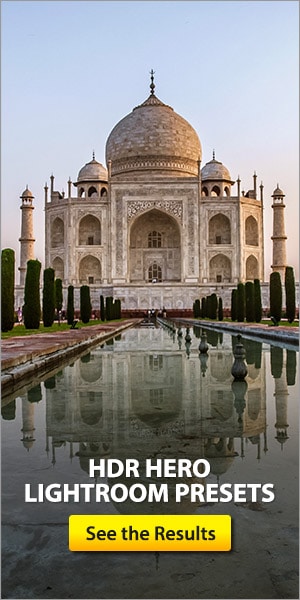When I first started in landscape photography there were a number of things I wish I knew. Like any skill, I eventually learned what I needed to know. But hopefully, I can save you a bit of time by sharing these four tips that had an immediate and lasting impact on my photography.
1. Get as Wide-Angle a Lens as You Can
It seems obvious but it wasn’t when I first started out. In those days, I was lucky to have a couple extra lenses. 35-50mm lenses are a popular focal length because they create more or less the same field of view as your own eyes. Therefore, these lenses are often suggested for “generalist” uses, which is what beginners usually prefer. And most kit lenses fall in the 18-55mm range. 18mm is definitely in the wide-angle spectrum but using the APS-C sized sensor of the average beginner DSLR you’re looking at around 28mm equivalent field of view on a full frame body (thanks to the 1.5x crop factor of the smaller sensor). If you’re using a Micro 4/3rds or smaller sensor then your “wide angle lens” becomes even narrower.
Try finding a 12-15mm lens for landscape photography. It will likely be a prime lens but it will make a tremendous difference in the field of view.
Focal length increments become less obvious when going up the scale but when going down towards the wide-angle end it’s much more obvious. Going from 15mm vs 20mm in focal length will be much more obvious a change than 195mm to 200mm.
Aperture-wise f/4 is a common aperture for wide-angle primes and works nicely for providing decent exposure. The depth of field is somewhat less important since we usually want as much in focus as possible in landscape photography.
→ See our reviews of the best wide angles lenses for Canon, Nikon, and Sony.
2. Put Your Money Into the Lenses and Not (just) the Bodies
When you’re first starting out in photography you’re undoubtedly going to find the costs quite daunting. After you’ve decided on the camera body that has all of the features you want if you’re like me you’ll be shooting with a kit lens for months until you save up for that first sweet additional lens.
But the simple truth is that bodies go out of style incredibly fast. The newest camera body will probably be 30% cheaper by next year. Maybe even more if it was something of a dud. And there’s absolutely nothing wrong with camera models 2-5 years old, or even bodies, for that matter.
Buying used gear is a great way to get started with photography. Shutters are the only element that tends to wear out over time but finding a used digital camera body that actually has 150,000+ actuations on it isn’t that common. And shutters can be replaced, which makes buying refurbished all the more appealing.
Unlike camera bodies, lenses hold their value. They don’t have all of the flashy elements and features that your camera body will but they will impact your photography far more in the right circumstances. That’s why your lens collection will quickly cost more than your camera body (or bodies) ever will.
So cheap out on the body before you do so on the lenses. But if you still doubt go to a camera rental shop and test out a few lenses. You’ll quickly realize just how much impact good lens choices have over camera body features.
3. Have Filters on Hand
Filters can provide huge benefits for the amount of money spent. The two best filters for landscape photography are undoubtedly circular polarizing filters and neutral density filters. Circular polarizing filters work by screening out rays from the sun that aren’t coming from a specific orientation. They reduce or eliminate glare from obvious sources like the surface of a body of water and not so obvious ones like a haze in the sky from dust. Even leaves can show much richer hues with a polarizing filter in use.
On the other hand, neutral density filters work by screening out light across all directions but only up to a rated amount. Considering how important good exposure is, you’d think you would never want to eliminate light from your image. But neutral density filters allow you to use shutter speeds that would normally be far too long and would result in highly overexposed images.
By using the right ND filter (or a couple stacked together) I can use shutter speeds as slow as 2-5 seconds. The surface of bodies of water can become smooth and curtain-like and fast-moving clouds will leave feathery streaks across the sky. The creative potential is massive.
4. Don’t Think About the Money or Career…For Now
Maybe you have dreams of becoming a professional and making money from your art. Or you spend loads of time analyzing your images and figuring out exactly what you did wrong. I was fortunate in that I spent my first few years taking pictures solely for the sheer joy of it.
But unfortunately, I got it in my head that I could go pro, and my photography absolutely suffered because of it. I actually took fewer pictures for a number of years even as I started reading up on photography and building a website. I started having less fun and spent most of my time analyzing and studying. What happened?
I became too fixated on where my photography was supposed to be going rather than simply practicing my art. The best way to get good at anything is to do it. That means getting out there and taking pictures. Goals are great but don’t set overly lofty goals. If you find yourself taking fewer pictures and losing steam in what used to be a passion for you then distance yourself from those goals and plans for a while.
Just get out there and take pictures because its fun not because you want to have a website and quit your job and be an Instagram travel celebrity.
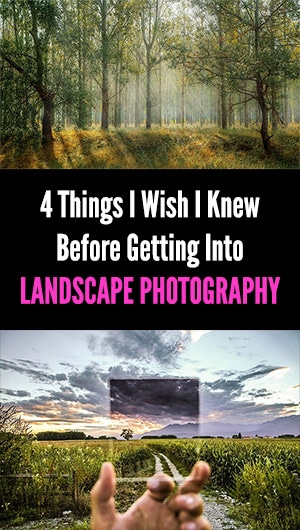
Photo license link: CC0






